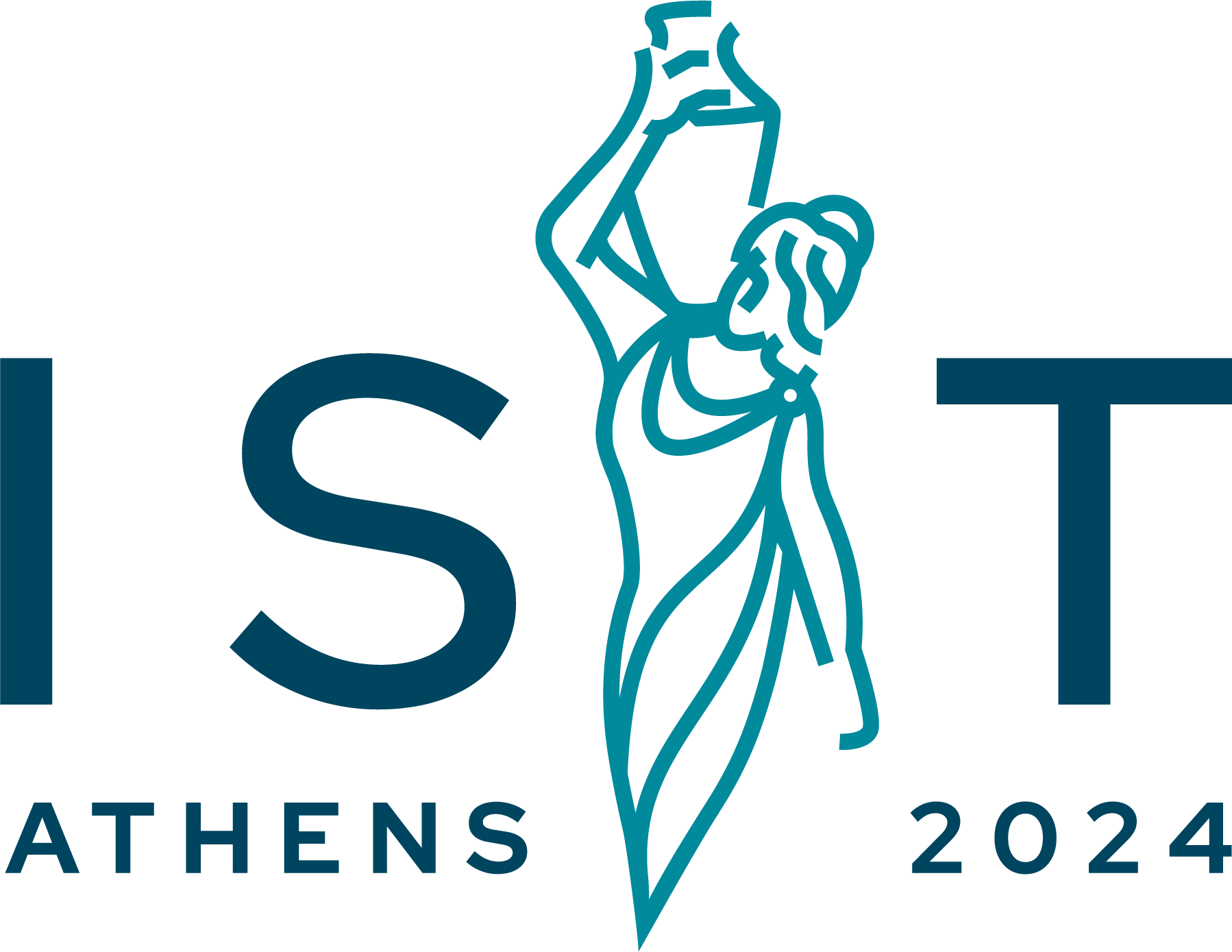The speakers of the Huawei Industrial session are (click on the links for abstracts and speaker bios):
- Huazi Zhang (5:40pm Thursday, July 11, Ballroom I)
- Ting-Yi Wu (6:10pm Thursday, July 11, Ballroom I)
Talks
Recent Progress in Polar Coding by Huazi Zhang (Senior Principal Engineer of Wireless Technology Lab, Huawei)

Abstract: This talk presents Huawei's latest advancements in polar coding. We propose novel decoders featuring enhancements targeting both higher performance and lower complexity. For improved reliability, we demonstrate algorithms with minimal hardware overhead; for the reduced complexity, we studied the inherent advantage of polar codes to support the ultra-high-throughput and low-power applications. On the encoder side, we explore how polar codes enable a low-complexity probabilistic amplitude shaping scheme with significant performance gains. Furthermore, for incremental redundancy (IR) HARQ design, we present the breakthrough of polar codes to generate multiple redundancy versions for flexible retransmissions. Overall, these advancements demonstrate that polar codes have the advantage to address the diverse requirements of wireless applications.
Biography: Dr. Huazi Zhang (Senior Member, IEEE) received his B.Sc. and Ph.D. degrees from Institute of Information and Communication Engineering in 2008 and 2013, respectively, from Zhejiang University. From 2011 to 2013, he was a visiting researcher with the Department of Electrical and Computer Engineering, North Carolina State University, Raleigh, NC, USA. From 2013 to 2014, he was a Research Fellow with the School of Computer Engineering, Nanyang Technological University, Singapore. From 2014 to 2015, he was a Research Scholar with the Department of Electrical and Computer Engineering, University of Florida, Gainesville, FL, USA. He joined Huawei Technologies Co., Ltd in 2015. Since then, he has engaged in research projects on advanced wireless communications involving channel coding and signal processing techniques, and engaged in multiple standardization activities. His contribution led to the adoption of many state-of-the-art research results into 5G standards, as well as the subsequent commercial rollout. His current research interests are channel coding, information theory and signal processing for wireless communications, with focus on theoretical analysis, algorithm design and hardware implementations for 5G and beyond.
Some Future Challenges on Coding Theory by Ting-Yi Wu (Senior Principal Engineer of Theory Lab, Huawei)

Abstract: Throughout history, breakthroughs in coding theory often stem from shifts in computing architecture. One of the most iconic examples is LDPC. After lying dormant for nearly half a century, the explosive growth of integrated circuits has made high-concurrency, low-latency belief propagation (BP) decoding feasible. Now, as we embrace a new era of computing, the question arises: Can coding technology undergo further transformation? In this talk, we will explore several challenging directions to inspire more people to delve into the next generation of coding techniques.
Biography: Dr. Ting-Yi Wu received a Ph.D. degree in communication engineering from National Chiao Tung University, Hsinchu, Taiwan, in 2013, where he worked with the Network Technology Lab. as a Postdoctoral Fellow until 2015. He then joined the Signal-Processing and Communication Lab., HKUST, Coordinated Science Lab., UIUC, Illinois, and the School of Electronics and Communication Engineering, SYSU, Guangzhou. Now Ting-Yi Wu is a senior principal engineer at Theory Lab, Central Research Institute, 2012 Labs, Huawei, who mainly focuses on error/erasure correction/recovery coding for storage, cloud, computing and other applications.


